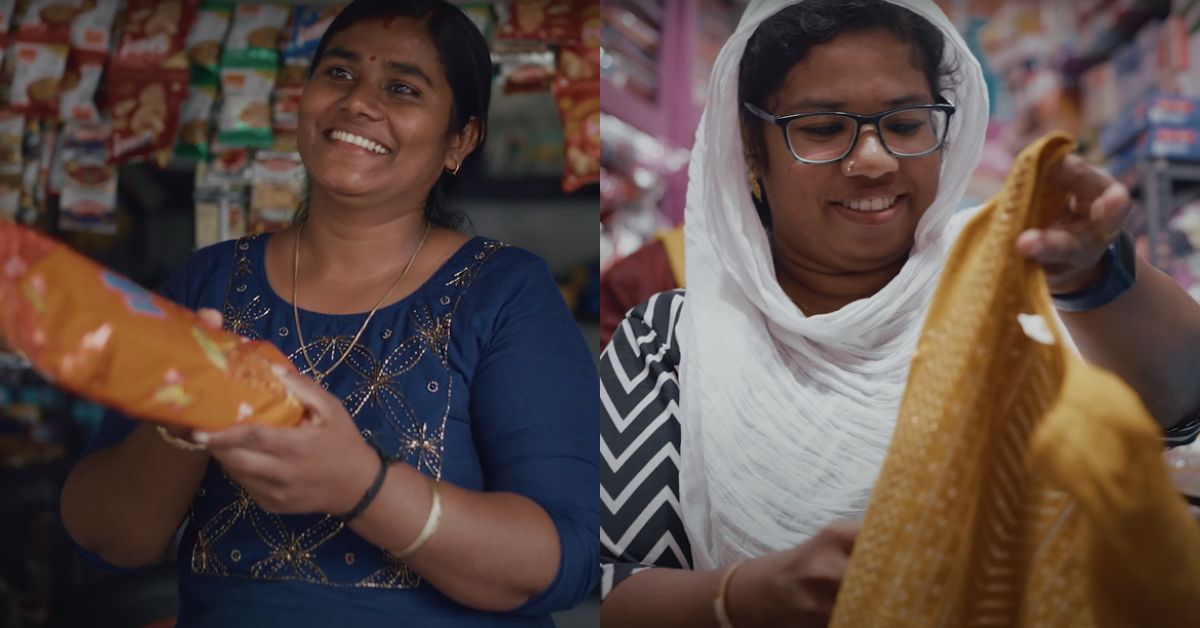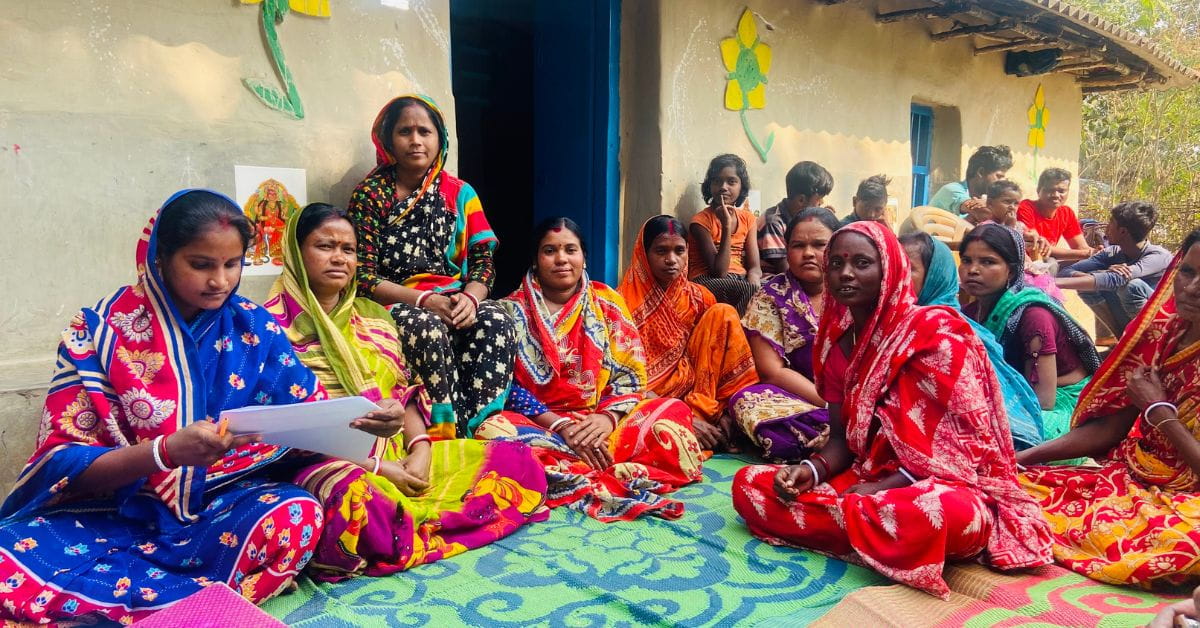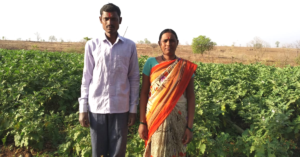How an Entrepreneur is Closing the Loan Gap for Rural Women, Helping Thousands Start Businesses
Mumbai entrepreneur Neha Juneja runs India P2P, a unique lending platform that is aiming to close the credit gap for women entrepreneurs in India’s rural regions.

K Priya and her husband, residents of Tirupati’s Tirumala Nagar, sold flowers on a pushcart to earn a living. They have two two boys, one in Class 10 and the other in Class 9. To save up for their college education, Priya wanted to rent a shop to sell flowers.
“I wasn’t even aware that someone like me could get a loan. I didn’t know who to approach or how,” she recalls.
Similar was the case of Barathi, who runs a milk business from Tirupati, who recalls having to jump through hoops to get a loan. “I run a milk shop and needed a loan to expand. I had to make multiple visits to get my loan sanctioned earlier.”
In India, there is a large gender gap when it comes to access to credit. A 2022 report by the International Finance Corporation (IFC) estimates a Rs 836 billion credit demand by women-owned very small enterprises. Meanwhile, a Protium report further states that there is a credit gap of $158 billion for women-led businesses as a whole.
For women like Barathi and Priya, India P2P, a peer-to-peer lending platform run by Mumbai-based entrepreneur Neha Juneja has been a boon. Barathi notes, “I received a pamphlet and I called them. An officer came, and after verifying the details, the loan was disbursed in a day.” Similar was the case of Priya, who availed a loan of Rs 30,000 in March 2023, and was successfully able to set up her flower shop.
Neha says that her introduction to microfinance happened when she was working with rural women at Greenway Grameen Infra, which manufactures biomass cook stoves. “We travelled to several villages and saw the thriving self-help groups (SHG) credit culture. I discovered that they are a great asset class and pay back loans on time. I also found that they are starved of credit as conventional investors can’t make up their mind that rural women are income generators,” says Neha in a conversation with The Better India.
Closing the credit gap

Neha launched India P2P in 2021. The company is “an attempt to unlock more capital for women borrowers, especially in rural areas, for businesses or purchase of productive assets like washing machines or refrigerators,” she says. By eliminating the middleman, i.e, the bank, this platform gets the capital for these loans by letting investors invest directly.
To do so, they have built a technology platform that enables risk and portfolio management.
“Our retail investors invest directly in the women borrowers, and our technology platform ends up reducing credit cost for the borrower. The platform splits your investment across 10 borrowers from 10 geographies, mitigating the risk. It has various parameters to split your capital,” adds Neha.
They have built an app for borrowers, agents, and an underwriting module. Neha says that they are able to give about 15-16 per cent return to their 18,000 investors, and have disbursed 10,000 loans. India P2P partners with last mile organisations like Seva Mandir and UNDP in pockets across the country. These regions include Nagaland, all five southern states, and Maharashtra, to name a few, to ensure that women everywhere are able to access credit.
“We work with NGOs and microfinance institutions (MFIs). Most loans are given to women who are part of SHGs, which is a powerful structure for accountability. They attend the weekly group meetings of SHGs to ensure that those who need loans are given loans. Our loan officers visit the borrower’s place of work for due diligence. Once they are satisfied, the loans are disbursed,” explains the CEO.
Most loans disbursed fall between Rs 40,000 and Rs 50,000 on an average.
Indian women have higher credit scores

Neha notes that 96% of India P2P’s borrowers are women. The biggest challenge has been building awareness about the fact that “rural women are India’s best asset class”.
“There is a very low probability that your income will be affected. Women are the best asset class and best borrowers. They default less. The default rate of women in microfinance in the sub Rs 1 lakh is less than 1% in India. Yet, they don’t get loans,” adds Neha.
According to a report by Transunion CIBIL, women have a higher credit score of 720 on an average compared to 709 for men.
“Women have a high sense of responsibility. They pay back on time without follow ups. They want their family to thrive and prosper. Yet, the reject rates are higher for women borrowers. They are asked for NOCs from their husbands or fathers even when they are financially independent,” says Neha.
She says that there is a very high demand for loans by women who run small businesses. She is on a mission to unlock capital worth billions of dollars for these women.
“If India has to become a prosperous and more equitable country, she needs to give women more credit. These loans help families overcome poverty. We will help as many women as possible to do so,” she adds.
Sources
Protium
‘Women more credit conscious than men: Report’ by Gayatri Nayak for Economic Times, Published on 08 March, 2021
If you found our stories insightful, informative, or even just enjoyable, we invite you to consider making a voluntary payment to support the work we do at The Better India. Your contribution helps us continue producing quality content that educates, inspires, and drives positive change.
Choose one of the payment options below for your contribution-
By paying for the stories you value, you directly contribute to sustaining our efforts focused on making a difference in the world. Together, let's ensure that impactful stories continue to be told and shared, enriching lives and communities alike.
Thank you for your support. Here are some frequently asked questions you might find helpful to know why you are contributing?














